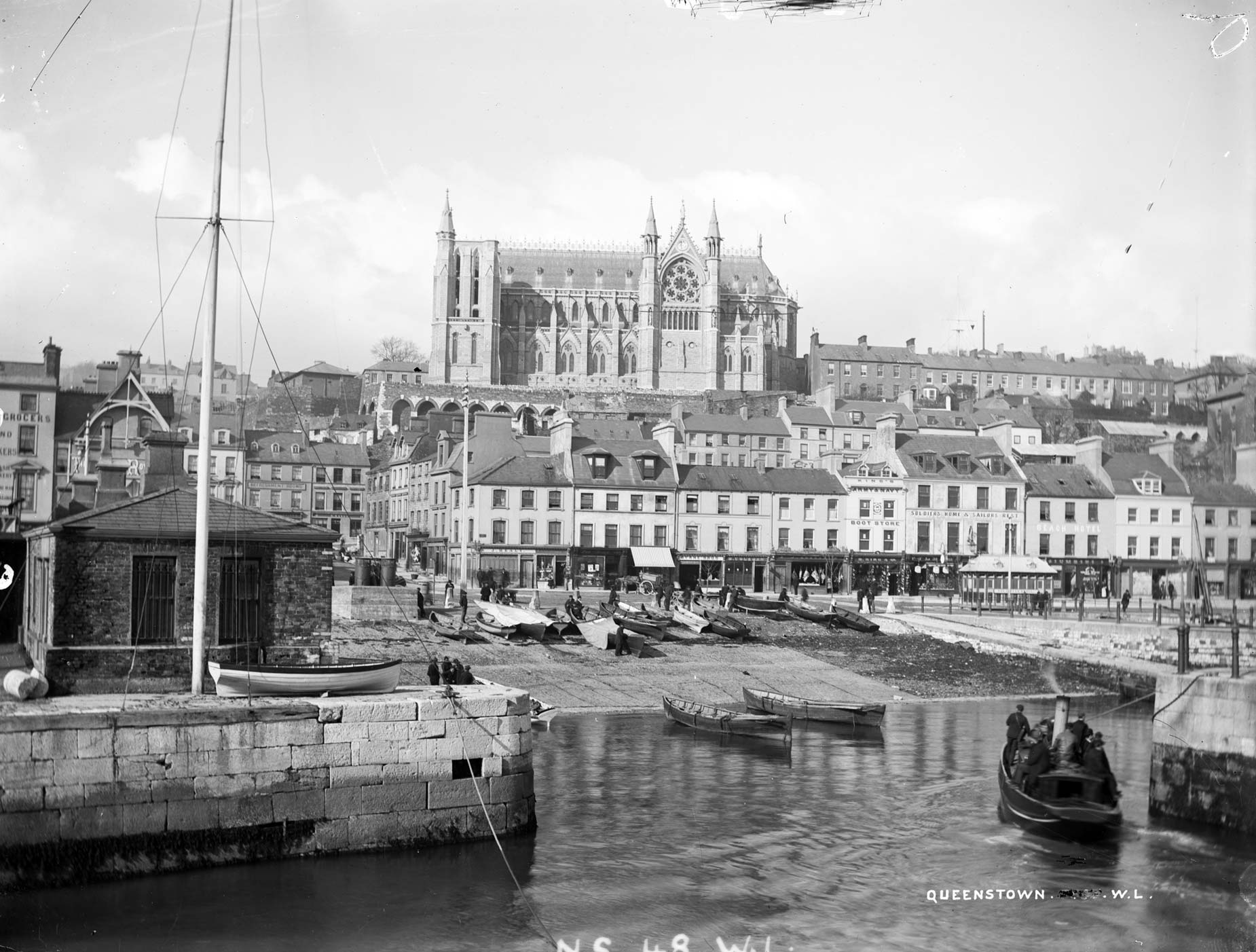Shoemaker accused of treason appears before court-martial
Concerns over the use of military law in civilian cases
Cork, 5 November 1914 - A Cork shoemaker accused of saying that any Irishman who joined the British Army was a traitor has been cleared during a court-martial held in Cork.
Michael Murphy (22) from Monkstown in Cork was appearing at a court-martial held this week at Fort Westmoreland in Queenstown, Co. Cork. He was charged under the Defence of the Realm Act with attempting to cause disaffection amongst the civilian population.
What was the defence of the realm act?
The case is the latest in a series of trials involving civilians charged under the Defence of the Realm Act appearing before a court-martial rather than a civilian court. Detractors argue that under war conditions military law supersedes the normal use of civil law.
Mr. Murphy was also accused of claiming that 5,000 Volunteers had marched through Dublin proclaiming loyalty to the Kaiser and that 500 Volunteers in Cork had signed an agreement to do the same. The court martial heard that Mr. Murphy had given a copy of the so-called seditious newspaper Irish Freedom to a soldier in the Leinster Regiment and had asked that that soldier circulate it amongst other young troops.
Mr Murphy’s lawyer, W.F. O’Connor said that his
client was entitled to read any newspaper of his choosing, and if
Irish Freedom was deemed an unfit newspaper for people to
read then it should be banned by the government.
Mr O’Connor argued that the court had no jurisdiction in the
matter. He stated that the Defence of the Realm Act did not apply
to a citizen who was not subject to military law. As such Mr
Murphy should have not appeared before a court-martial and instead
should have appeared before a civil jury.
The President of the Court Martial, Major Alexander of the Indian Army disagreed. He argued that the fact that the country was at war meant the whole order was changed and the matter was in fact covered by the Defence of the Realm Act. As such, it was appropriate that Mr Murphy appeared before a court martial.
During the case, the accused produced a series of witnesses who gave evidence that Mr. Murphy was ‘a good British subject of excellent character and a well-wisher of the troops.’
After 30 minutes deliberation Michael Murphy was cleared of all charges.





















